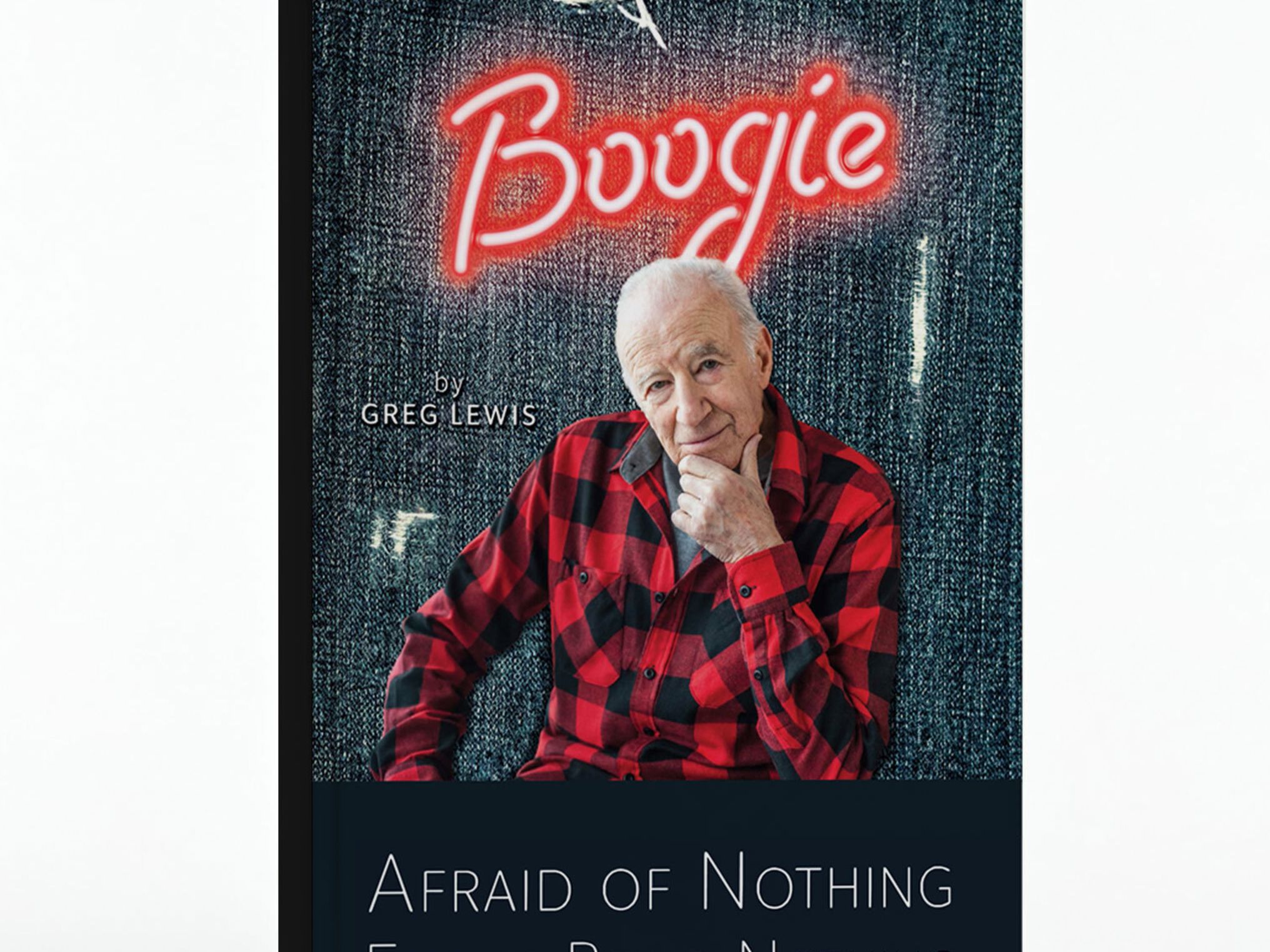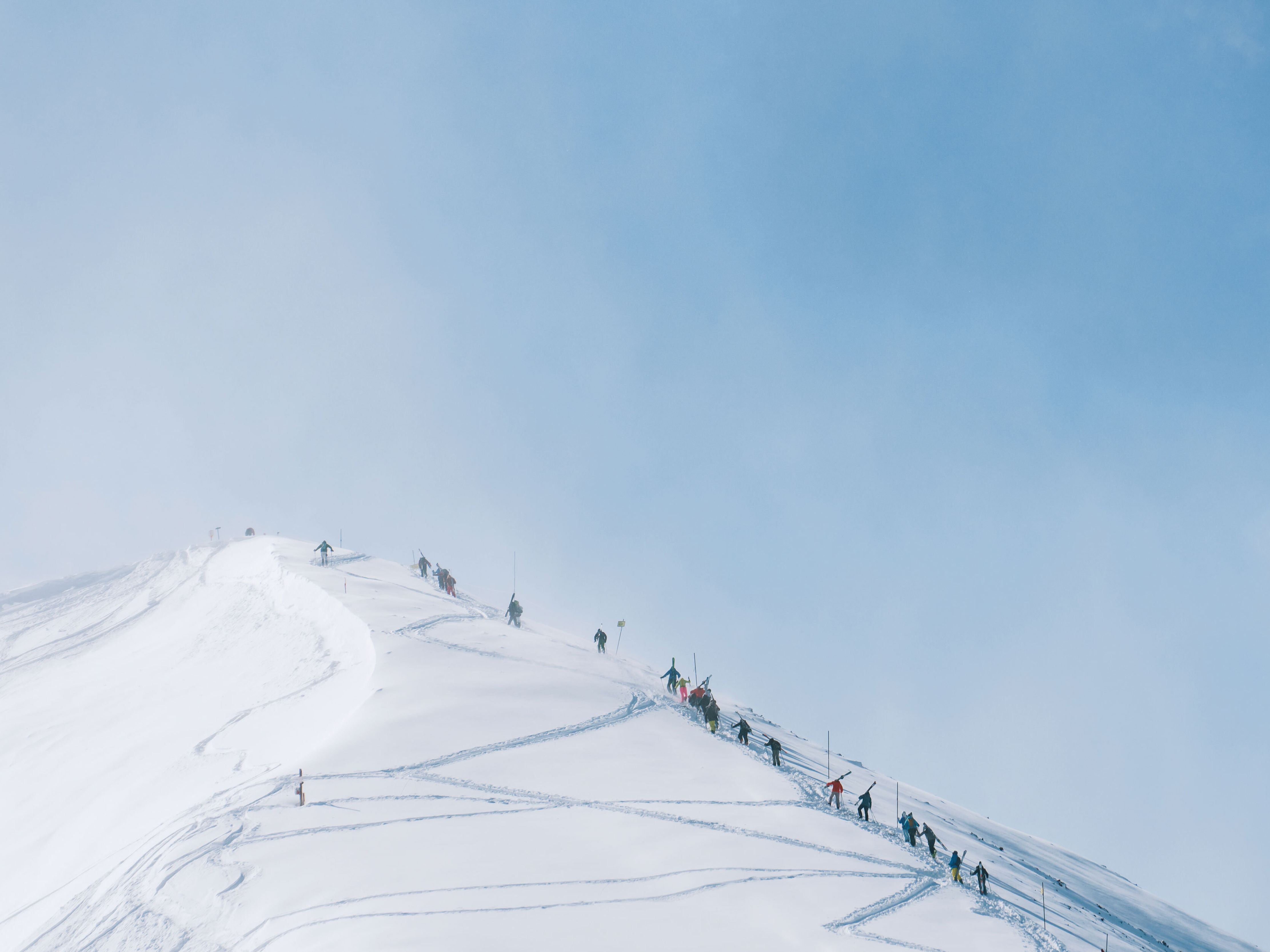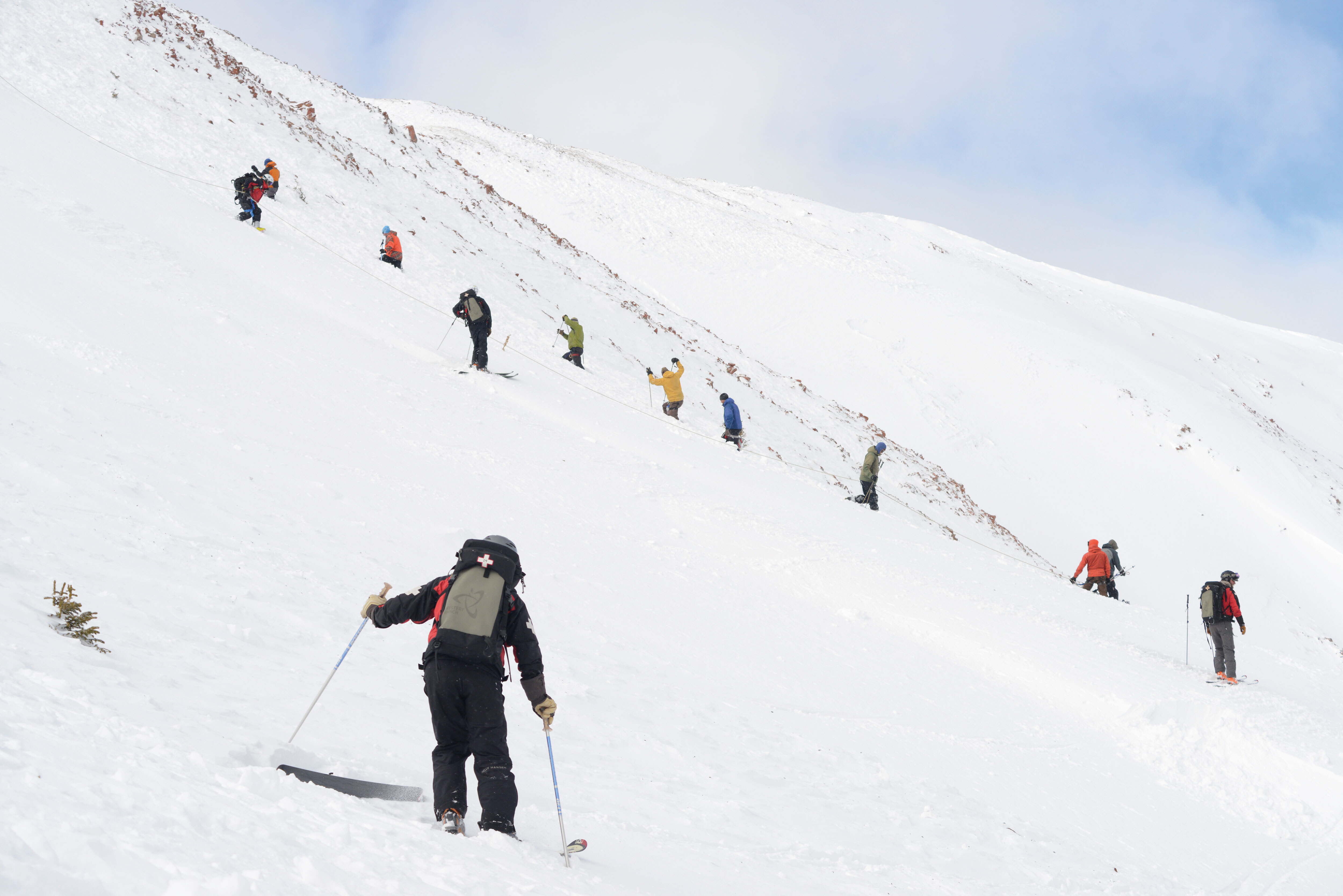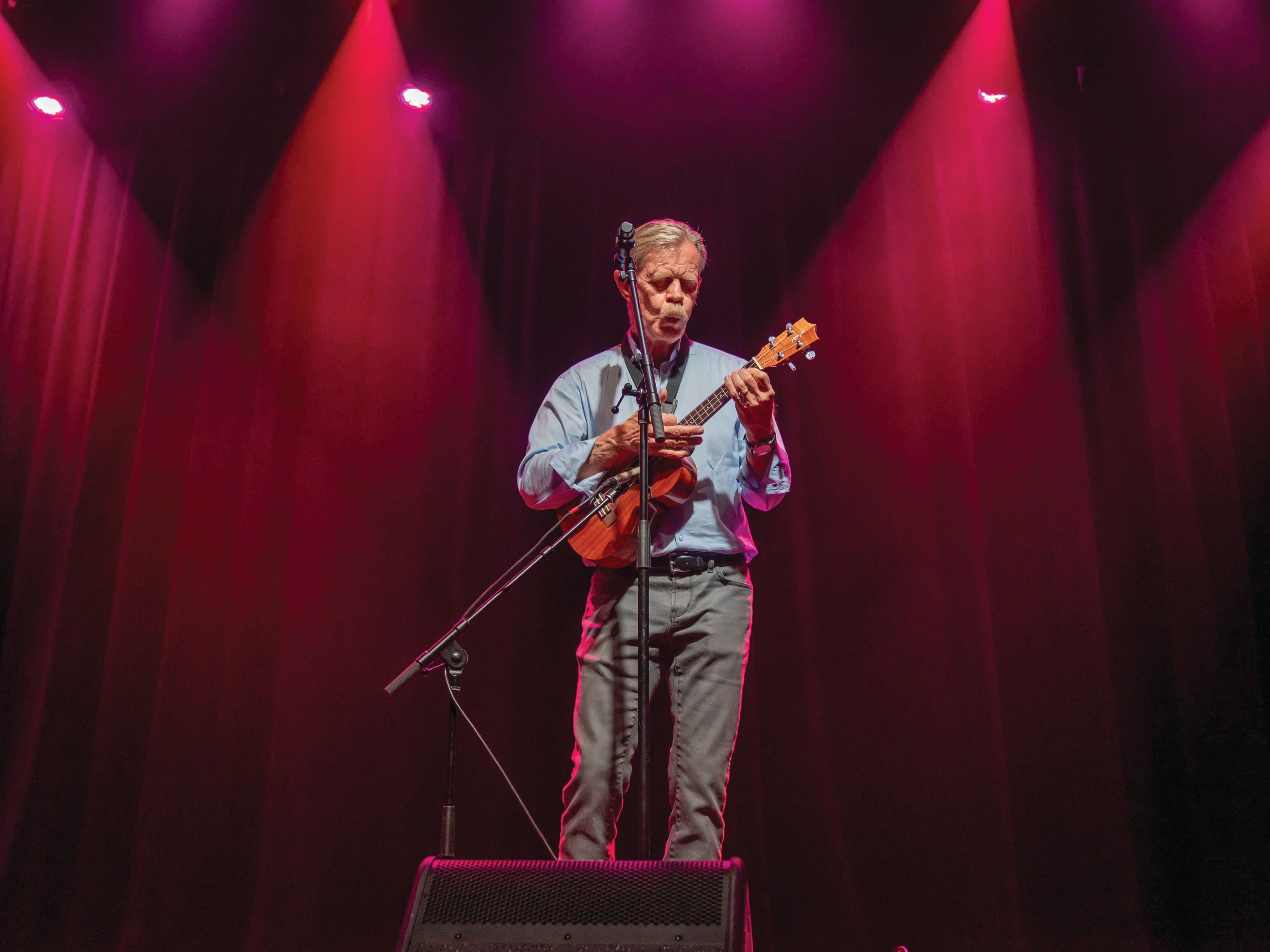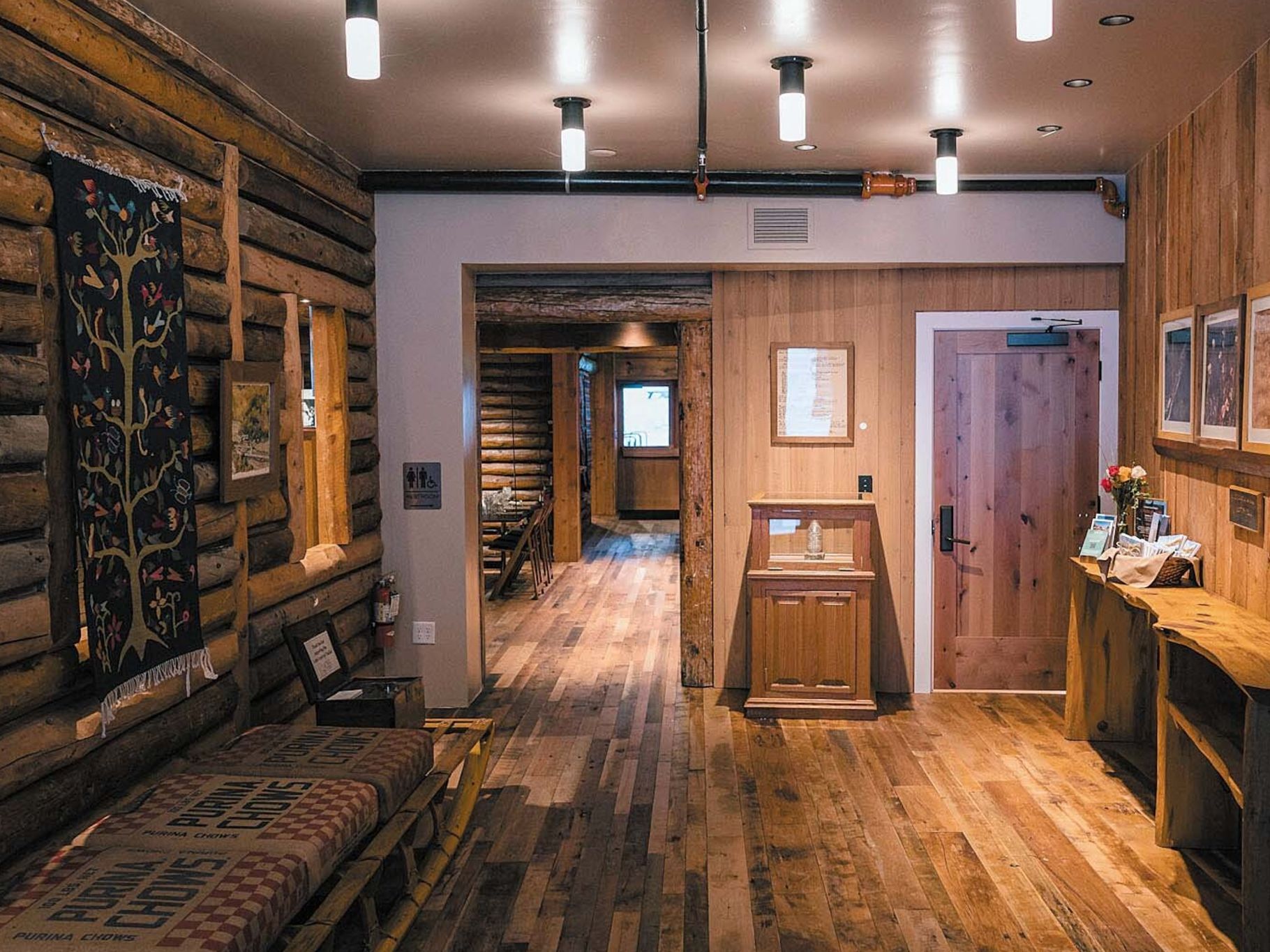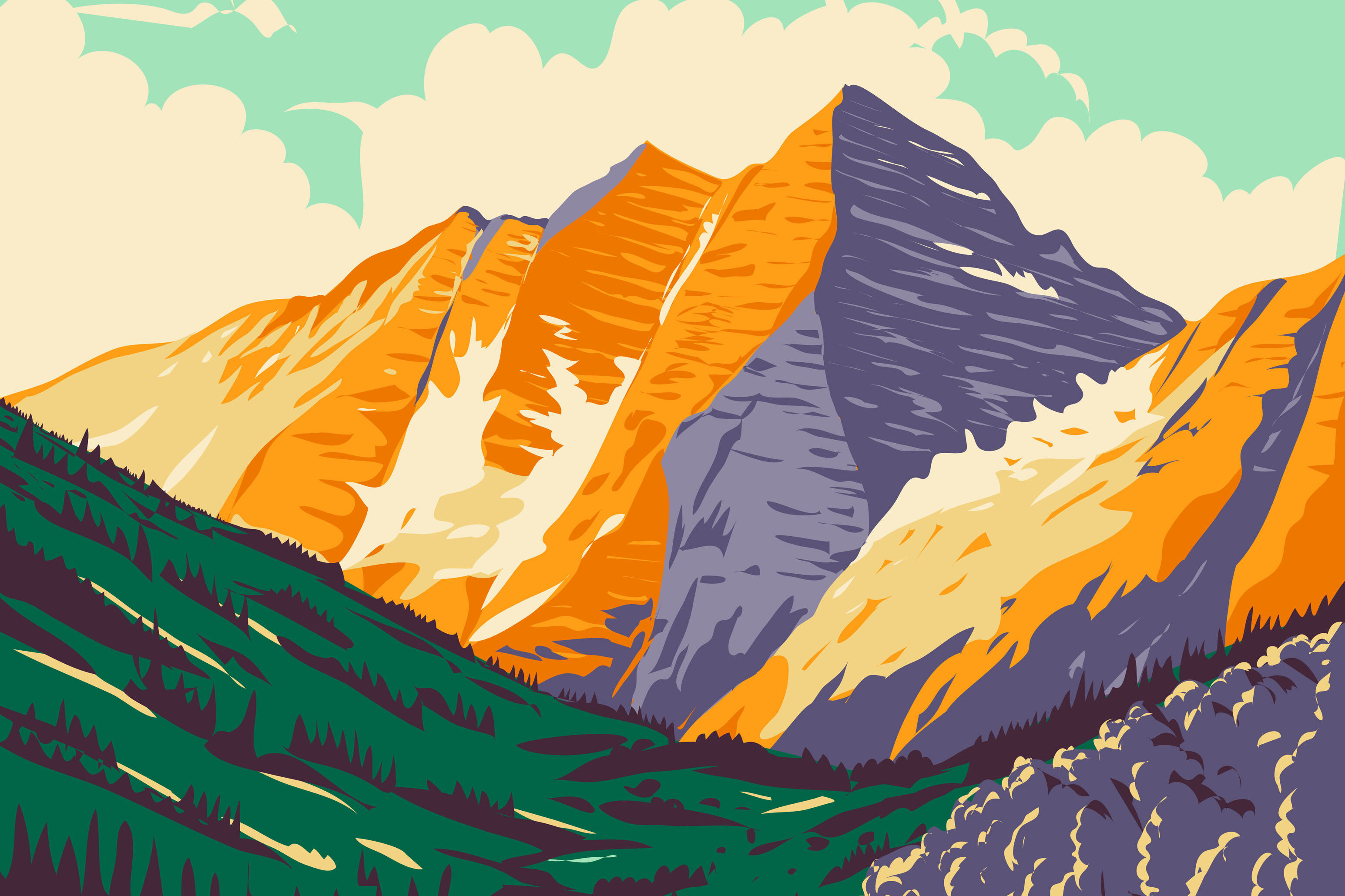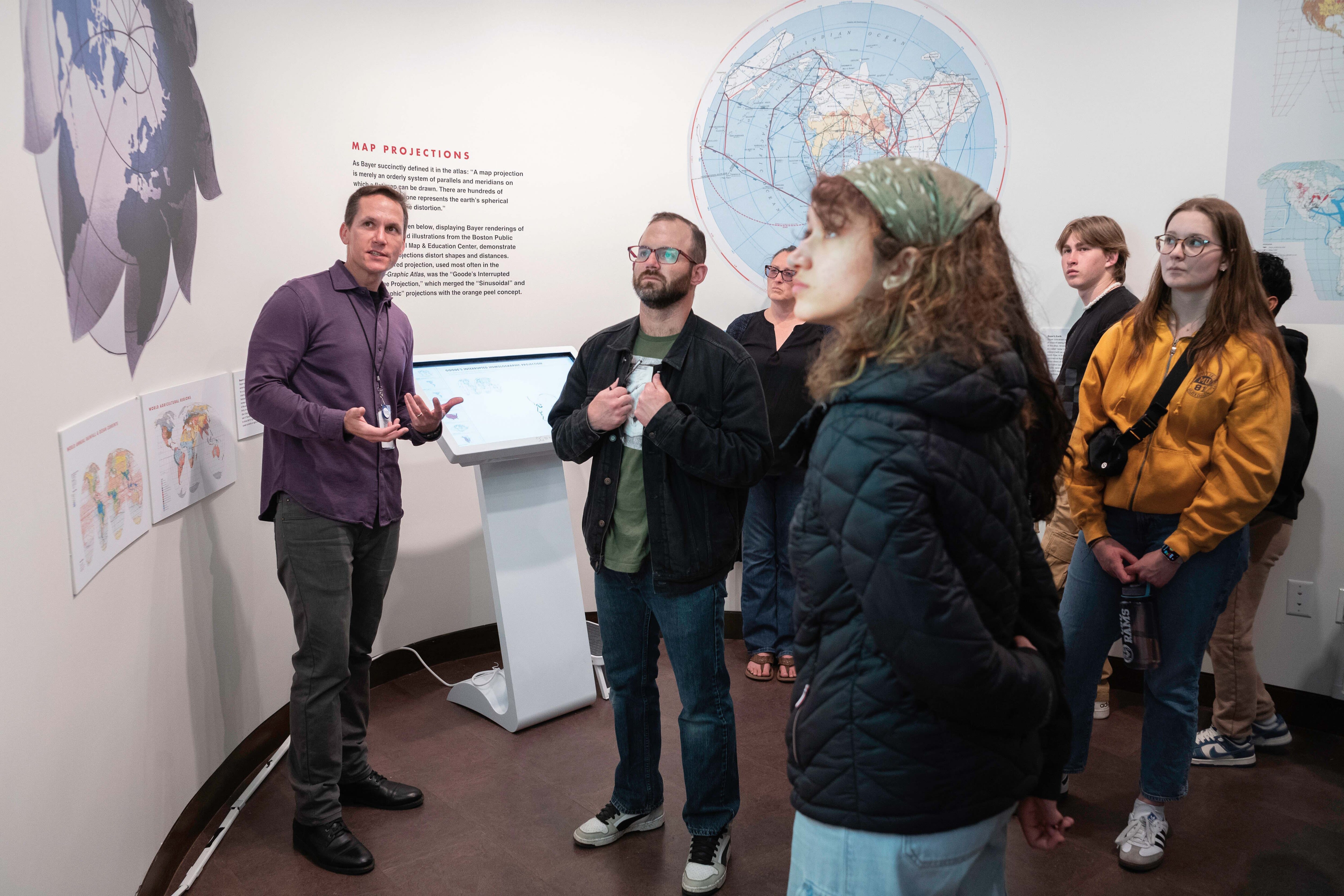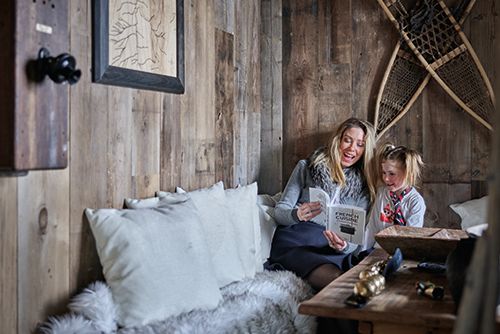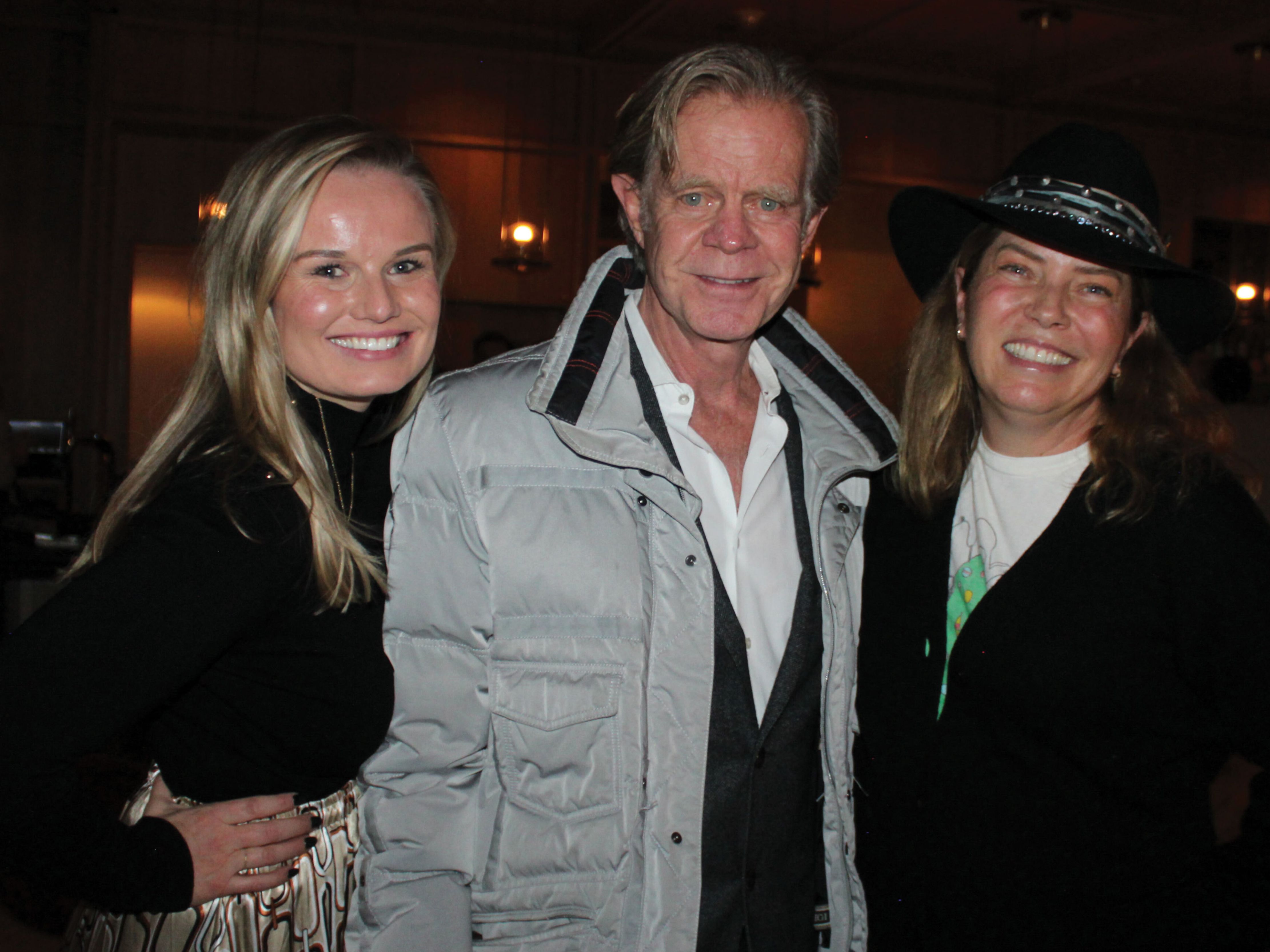The Essential Winter Bookshelf: 15 Favorites from the Aspen Words Staff
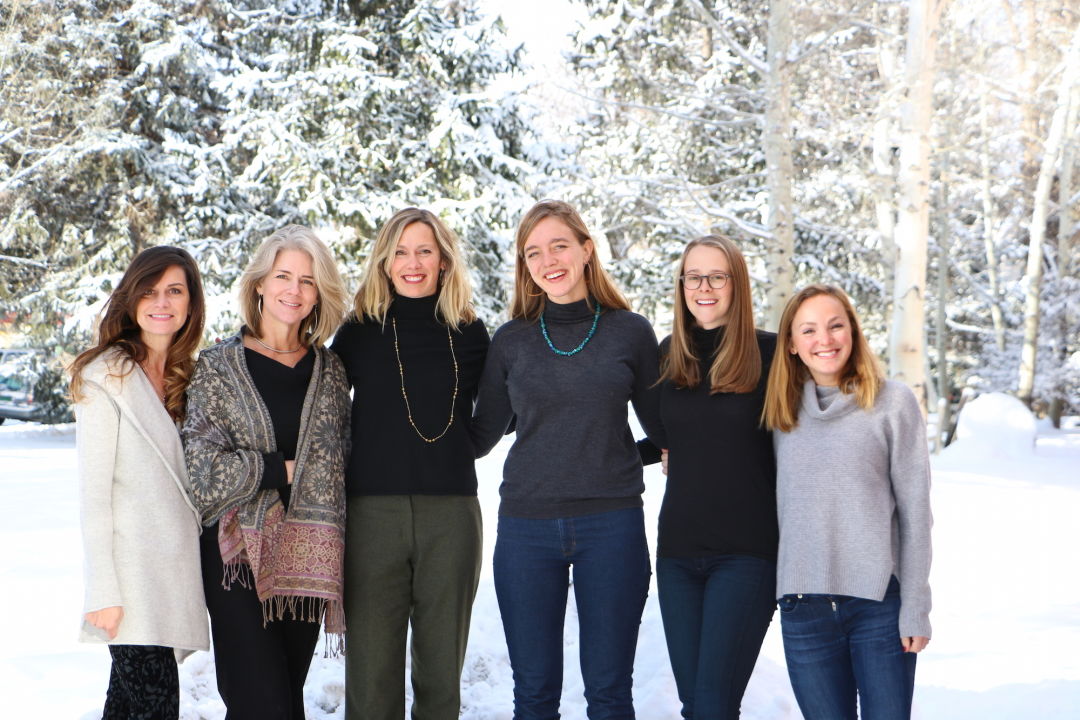
The Aspen Words staff (L to R): Marie Chan, Adrienne Brodeur, Jamie Kravitz, Nicole Stanton, Tori Morris, Caroline Tory
Image: Kate Flynn
Was your New Year’s resolution to read more in 2017? Like President Obama, it’s one of the main ways we are planning on coping with what’s going on in the world, so we turned to the experts at Aspen Words for a fresh reading list.
As Colorado’s oldest literary center and now a program of the Aspen Institute, the organization's 20th anniversary of Winter Words kicks off January 17 with million-copy bestselling memoirist Azar Nafisi. This year, the nonprofit will launch the Aspen Words Literary Prize—a $35,000 annual award recognizing an influential work of fiction with social impact.
The Aspen Words staff is always on the hunt for books that make readers see the world differently, and here, have shared their top picks. These titles have shaped their world views, and demonstrate the transformative power that literature has on thought and culture. And all are available at our favorite local independent bookstore, Explore Booksellers (221 E. Main St., explorebooksellers.com).
For Winter Words tickets and passes ($25 single event, $80 series pass, $60 member pass), visit aspenwords.org.
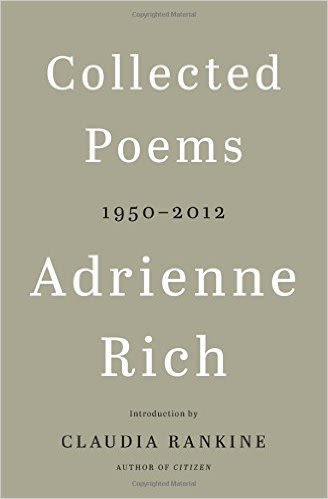
Image: Courtesy: Amazon
Adrienne Brodeur, Executive Director
Collected Poems: 1950–2012, by Adrienne Rich
This collection reminds us of art’s social presence, bringing discussions of gender, race, and class into six decades of pioneering work.
Hillbilly Elegy, by J.D. Vance
This memoir is both an intimate look at a family and a revelation of something bigger and more universal—the economic, emotional, and spiritual anguish of a long-forgotten region in America.
The Underground Railroad, by Colson Whitehead
This story of a runaway slave shines its high beams on one of the darkest periods of American history, all while playing with the form of the novel itself.
Marie Chan, Program Assistant
Slouching Towards Bethlehem, by Joan Didion
This book made me want to be a writer. I had never read something so clear-eyed and observant in my life. I learned to look at the world more patiently, to see stories within stories, and to pay attention to details that might escape you if you aren’t looking closely at what happens around you.
Under the Banner of Heaven, by Jon Krakauer
I knew nothing about Mormonism before reading this book, and I grew in my understanding of religion and faith, both for better and for worse. This book was mesmerizing, tragic, and hopeful.
The Great Gatsby, by F. Scott Fitzgerald
My great-uncle gifted me this book—the whole F. Scott collection, actually—when I was very young. It made me contemplate cynicism, integrity, friendship, and values in what seemed then to be a big and life-changing way.
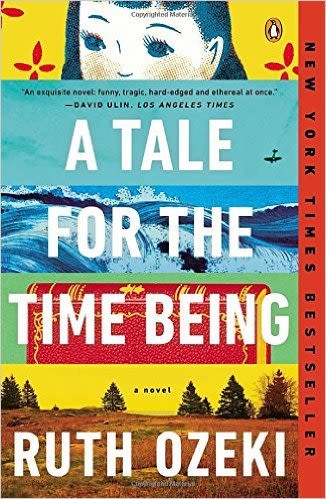
Image: Courtesy: Amazon
Jamie Kravitz, Managing Director
A Tale for the Time Being, by Ruth Ozeki
This book not only upended my ideas about form in a novel, but also about Buddhism, intergenerational communication, and Japanese culture.
The Waves, by Virginia Woolf
I remember reading this book in college and it rocking my world for days, weeks, months. Ahhh, youthful idealism...CRUSHED.
The Devil’s Highway, by Luis Alberto Urrea
When I read this book, I had to stop anyone who would listen and recite new facts about life at the Mexican-American border. I was gobsmacked. Though the book is non-fiction, Urrea’s storytelling is so masterful it reads like a novel.
Nicole Stanton, Program Coordinator
The Argonauts, by Maggie Nelson
This book challenged all understanding I feigned about gender, identity, family-making, and motherhood. Nelson' revolutionary text somehow makes the act of caretaking one of radical freedom. She bends the memoir genre in a way that asked me to rethink the possibilities of language to connect personal experience to critical theory.
The Brief Wondrous Life of Oscar Wao, by Junot Diaz
Junot Diaz’s brilliance is no secret. I devoured this book in a single airplane ride, mesmerized by its genre-bending prose that chronicles an immigrant family over generations. Diaz’s prose is profane, funny, riddled with idioms, and simply wild.
Still Life with Oysters and Lemon, by Mark Doty
This memoir is my bible. Doty’s work breathes poetry, asking us to consider how human intimacy is contained and moved through objects just as much as through living beings. While his memoir explores a period of grief in his personal life, I’ve returned to it in moments of joy as often as in moments of sorrow.
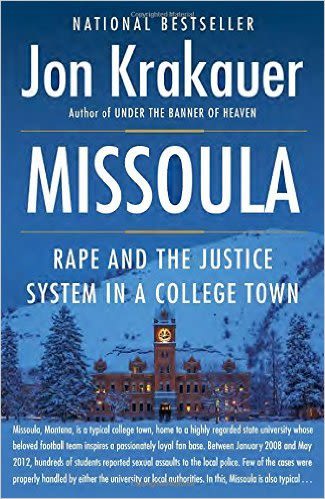
Image: Courtesy: Amazon
Caroline Tory, Senior Program Associate
Homegoing, by Yaa Gyasi
I’ve read many books on slavery, but never a work of fiction that covered as much ground as this novel, which traces the origins of slavery back to 18th-century Ghana and reveals its legacy in today’s America.
Missoula, by Jon Krakauer
This meticulously reported account of sexual assault in a college town helped me understand the prevalence of rape culture in America and the huge hurdles faced by victims seeking justice.
Redeployment, by Phil Klay
Klay’s collection of stories took me beyond the sound bytes of the Iraq war to reveal the human struggles that make up a soldier’s daily life, both during the conflict and upon returning home.

